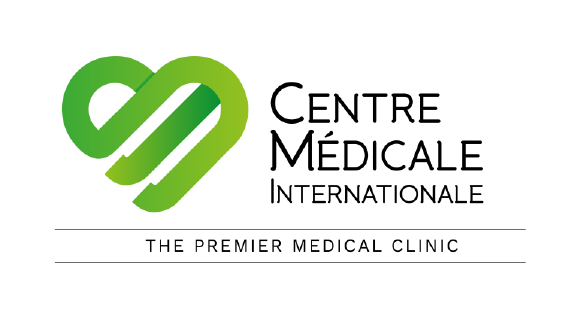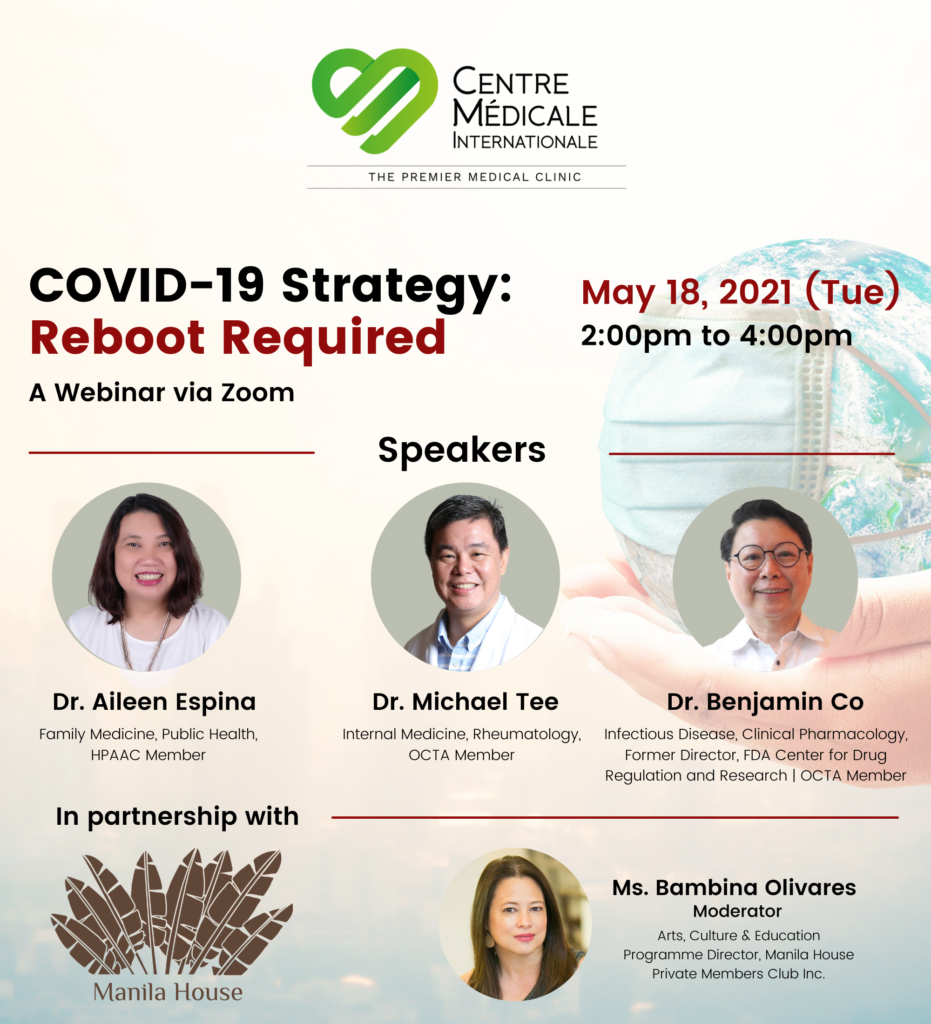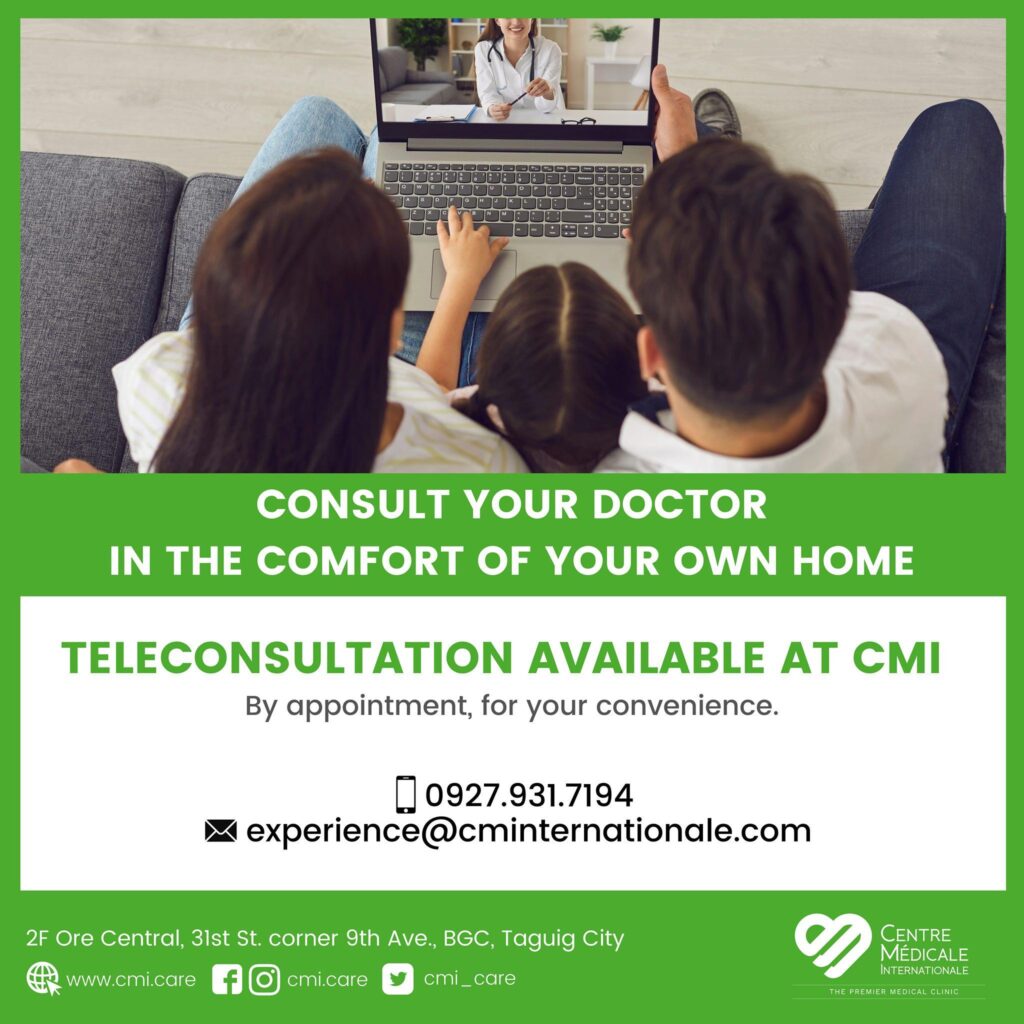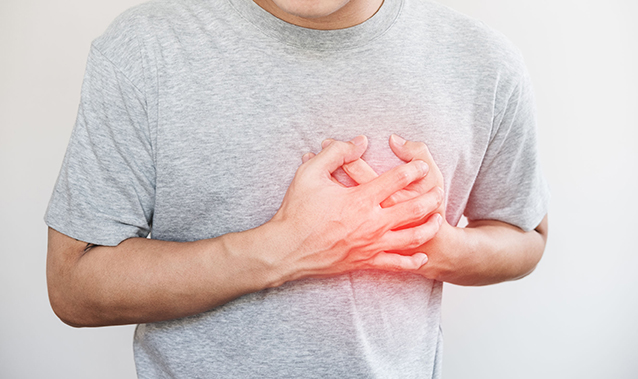Vaccines, Telemedicine, APAT Dapat: Better ways to respond to COVID-19
Vaccines, Telemedicine, APAT Dapat:
Better ways to respond to COVID-19
Joy Rojas
And other takeaways, present and future, from “Reboot Required”
On March 16, 2020, when the World Health Organization declared a pandemic following the widespread outbreak of COVID-19, the thought of reclaiming life the way we know it, and with a vaccine that would save us from a potentially fatal virus, was but a distant dream.
More than a year into the pandemic, that distant dream continues to elude us. Despite constant reminders to observe minimum health and safety protocols, the country’s total number of cases has swelled to well over a million. Daily fresh cases are by the thousands and deaths have exceeded 20,000. A free mass vaccination program is in progress, but less than 1 percent of Filipinos have completed their two-dose jabs, as 6 out of 10 refuse to be inoculated.
For all our efforts to eradicate the coronavirus, it is clear that there is no going back to the way things used to be. COVID-19 is not the first pandemic nor will it be the last, and accepting this sobering fact somehow makes it easier to get on with life in the new normal.
“Reboot Required”
To inform and update the public on the ever-evolving trends on COVID-19 management, premier medical clinic Centre Medicale Internationale (CMI), in partnership with exclusive members club Manila House, recently organized the free Zoom webinar “Reboot Required: What Has to Change in the Philippine COVID-19 Response for Us to Cope Better.”
Bambina Olivares, Manila House marketing and PR head, served as moderator of the webinar whose speakers, all of whom practice at CMI, covered all bases of handling a pandemic. A member of CMI’s Advisory Board and expert on Family Medicine, Dr. Aileen Espina is a consultant on disaster medicine to several international organizations, including CARE International and the World Health Organization. Dr. Michael Tee, who gave the talk “Viral Lessons,” is a rheumatologist, University of the Philippines College of Medicine professor and vice chancellor, and OCTA Research fellow. Likewise an OCTA Research fellow, Dr. Benjamin Co is a pediatrician and infectious diseases and clinical pharmacology expert. His talk was “The Continuing Saga of COVID-19 Vaccines.”
Here are 10 takeaways from their lectures:
Get yourself vaccinated. “The virus is here to stay,” declared Dr. Co. “It’s also changing too quickly, more quickly than we have realized.” Indeed, even the goal of achieving herd immunity, where a majority of the population is immune to an infectious disease, thus providing indirect protection to others, is not likely to happen in the US, and more so in the Philippines, what with the discovery of new variants coupled with persistent vaccine hesitancy.
Still, vaccines help build immunity against the coronavirus and can lessen hospitalization and death. “The first dose primes the immune system, the second dose boosts it,” said Dr. Co. “Vaccinations for the most vulnerable may be enough to restore normalcy.”
Observe minimum health standards. Like vaccination, practicing APAT Dapat (or Air circulation, Physical distancing, Always wearing a facemask and face shield, and Thirty-minute interaction or less) remains effective in stemming the spread of COVID-19.
Especially with what we know now: Through Dr. Espina’s presentation, we learn that footbaths, misting tents, ionized air purifiers, and UV lamps are no longer recommended forms of disinfection. Moreover, the virus can be spread through airborne droplets and asymptomatic individuals—not surface transmission as what was initially reported.
This makes proper ventilation (via exhaust fans and open windows) in workplaces, restrooms, and public transportation key to maintaining and improving air quality. At CMI, good air quality comes from its use of aerosol suction machines during dental procedures and built-in high-efficiency particulate absorbing (HEPA) filters.
Keep abreast of the latest COVID-19 news. “Nothing is permanent in science,” said Dr. Espina. “What may be true today may not be true tomorrow.” But whom do we believe when there is a new story on COVID-19 every three minutes? Trust only reliable sources. “We always have to be wary of fake news and charlatans,” she said.
Use telemedicine. With hospitals packed to the gills due to the surge in COVID-19 cases, teleconsultations are a safe alternative to face-to-face checkups in a clinic or hospital. “It’s a key component of care,” averred Dr. Tee. “The Department of Health recognizes it as a primary care service.” CMI was one of the first to offer telemedicine when strict quarantine measures were first imposed in March 2020.
Click HERE to schedule a CMI Teleconsultation Appointment
Self-isolate. It is an option for a COVID-positive patient who cannot find a hospital that will accommodate him, yet cannot recuperate in a home with seniors and persons with comorbidities. “BHERT [Barangay Health Emergency Response Teams] must lead in the efforts to bring infected patients to isolation facilities,” said Dr. Tee. “Otherwise we will see families and households being infected. Isolation facilities help prevent spreads.”
Know which COVID-19 test is right for you. While the Reverse Transcription Polymerase Chain Reaction (RT-PCR, aka swab test) is regarded as the gold standard of COVID-19 tests, given its near-perfect accuracy, the more affordable and less invasive RT-PCR saliva test is just as effective in detecting the coronavirus among mild and asymptomatic cases.
“RT-PCR tests are not recommended or required for asymptomatic employees returning to work,” said Dr. Tee. “You may get a positive result, but it may be a remnant than is no longer viable and non-culturable.” Instead, he said, check for symptoms of if the employee was in close contact with a COVID-positive patient.
Rapid Antigen tests, which provide immediate results, “are useful only for patients who are symptomatic,” said Dr. Tee. “It’s useless for those who are asymptomatic and with no known exposure.”
As to what the near future holds for vaccines and treatment, Dr. Co cited a number of trends:
New vaccines. CureVac, a German-made vaccine currently in its trial phase, can be stored in a refrigerator and sit at room temperature for 24 hours before use. OCTA Research associate, molecular biologist Fr. Nico Austriaco, is also working on a yeast-based oral vaccine. If successful, the vaccine will not require storage in sub-zero-degree temperature, and will do away with syringes and health workers administering it.
Single-dose vaccines. The single-dose J&J may soon be joined by Sputnik Light, the single-dose vaccine of Gamaleya Research Institute of Epidemiology and Microbiology, maker of Sputnik V. Its reported efficacy is 79.4 percent.
Combining vaccines. Numerous clinical trials around the world are being done to confirm if a heterologous vaccination (two different vaccines) is as effective as a homologous vaccination (same vaccines). In Russia and Azerbaijan, volunteers are being studied after their combined doses of AstraZeneca and Sputnik V. Spain is looking into the side effects of AstraZeneca as the first jab and Pfizer as the second jab on 600 participants. And Hong Kong has conducted a clinical trial involving a first dose of Pfizer and a second dose of Sinopharm.
It certainly has its advantages: The flexibility in mixed-dose will help people get fully vaccinated faster. But Dr. Co also warns of more adverse reactions in persons jabbed with two types of vaccines.
Treatment. “There has been progress in various treatment options with monoclonal antibody combinations. Whether given subcutaneously or intravenously, the outcomes have been very good,” said Dr. Co. There are also the antivirals (Favipiravir, Molnupiravir), and Janus kinase (JAK) inhibitors.
“Addressing mild and moderate infections early on can stem the progression to severe disease, and eventually we will not need ICUs and ventilators,” he said. “Once treatment is available, then this pandemic is wiped out.”






